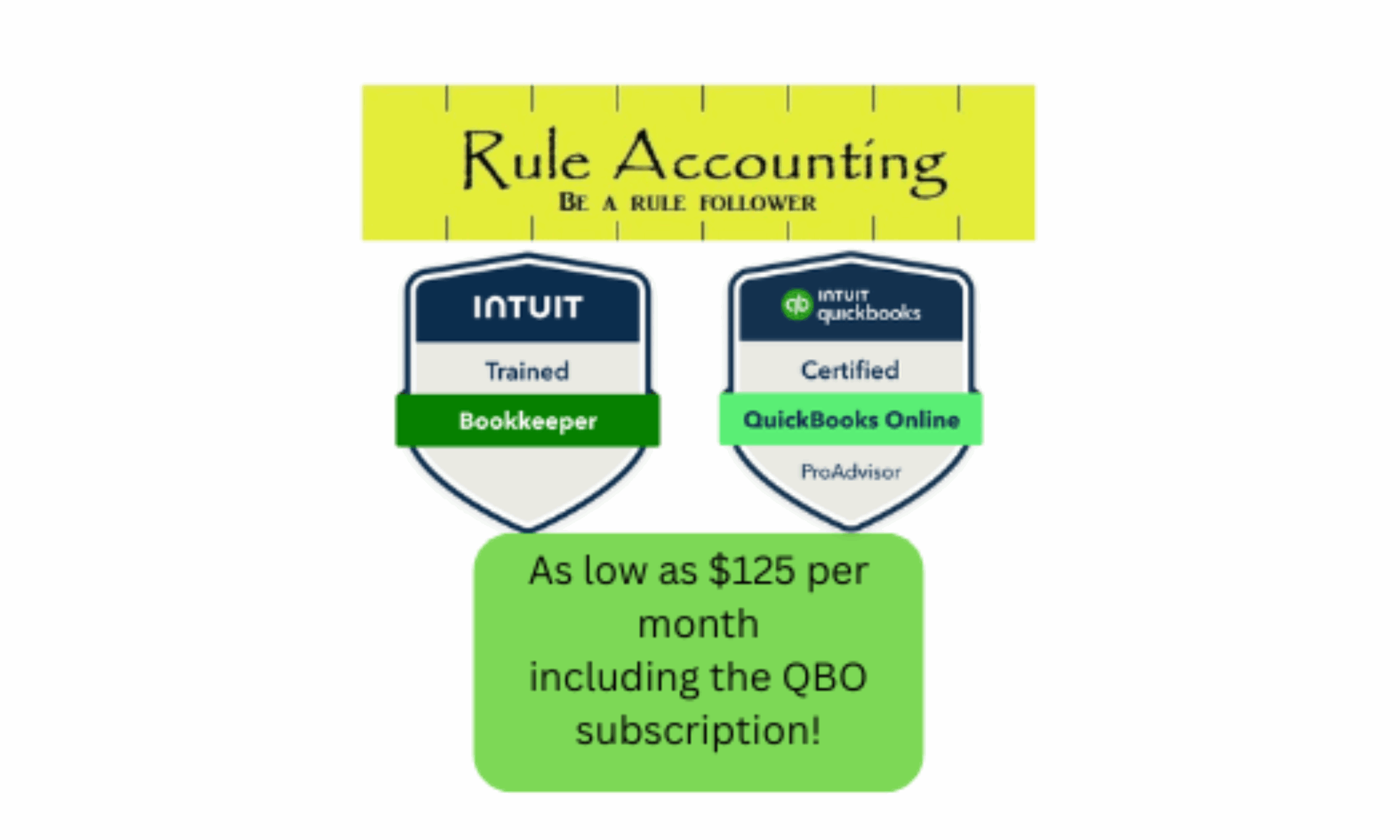Inventory is something that you sell. Prepaid supplies are used to assist your business. Raw materials are used to produce inventory. Inventory, prepaid supplies, and raw materials are all current assets. Inventory cattle are raised cattle, available for sale. Current assets are available for sale. Fixed assets are part of your business to generate income. From Schedule F (Form 1040), Profit or Loss from Farming, they refer to mama cows as livestock and other resale items. Implies that cow/calf operations buy cows to resale them. Granted, a lot of cows are culled and sold, but I would not classify them as resale cattle. Calves put on feed and sold the following year, are inventory cattle.
When you do sell mama cows, the IRS wants to know how much you paid for those cows. That amount is to be reported to the IRS on schedule F as “Cost or other basis of livestock or other items reported on line 1a”. The “other basis” is to include any feed given to replacement heifers or bulls.
Mama cows, replacement heifers and bulls are considered fixed assets. Fixed asset cattle generate income over several years and thus should be depreciated. The immature heifers and bulls are considered as “Work In Process” (WIP) until they are ready to breed. All expenses, mainly feed, for WIP cattle, are added to the basis (fair market value) of the weaned calf to determine the adjusted basis of the animal at breeding age.
Cow/calf operations generate revenue by selling calves every year. Those calves are considered livestock that you raised. All of the cost to maintain the cows and bulls, as well as the ranch, are expensed during the current year. So, all of the hay, silage, feed, pasture improvements that you spend on your cattle to keep them healthy and raising calves, is subtracted from your revenue when you sell the calves each year. Hopefully the cost of maintaining your cow herd is less than the revenue from the calves.
As a rancher and recent accounting graduate, I have researched ranching tax information from:
- IRC tax code (Internal Revenue Code)
- IAS (International Accounting Standards)
- GAAP (Generally Accepted Accounting Principles)
- FASB (The Financial Accounting Standards Board)
The results were clear as mud. The best results came from, should you capitalize your cattle or should ranchers have a zero basis on cattle they raised?
Capital gains are taxed at a lower rate than ordinary income. Because of this, some people suggest to expense all feed, to an expense account, and thus have a basis of zero, thus when the animal is sold the total amount is a capital gain.
However that does not follow GAAP principles. Any asset that generates revenue over several years is a capital asset and must be capitalized (Depreciated).
When you sell fully depreciated cattle, and the salvage value is correct, there is no capital gain, thus no tax. All of the expenses, from raising replacement heifers and bulls, are still deducted, but not during the first 2 years, but spread out over the last 7 years.
If you do not capitalize your cattle you cannot depreciate them. You expense the feed during the year you buy it. When you sell them the basis is zero and the total sale amount is capital gains, and thus taxed.
Your cattle give you ordinary income every year when you sell their calves. You write off all of the feed either when you buy it or during depreciation. By fully depreciating your cattle, there is no capital gains tax. If you don’t depreciate your cattle then you owe capital gains tax on the amount you sell them for.
Of course, any animal that you purchase for way more than it’s salvage value, should be depreciated.
The above summary is per the IRS Tax Code:
- IRC 1012, Basis of property—cost.
- IRC 1016, Adjustments to basis.
- IRC 1245, Gain from dispositions of certain depreciable property.
When you sell fixed asset (capitalized) cattle, there are three things you need to keep up with.
- Gain or Loss. Your gain is the amount realized less the adjusted basis.
- The adjusted basis.
- The holding period, or the time you owned the cattle.
Brett Bickham
Clifton, TX
